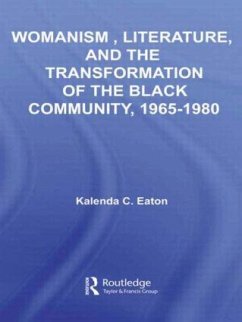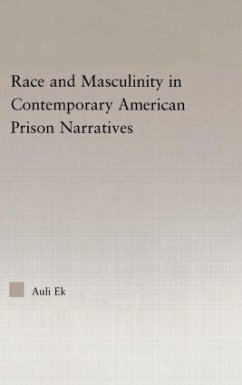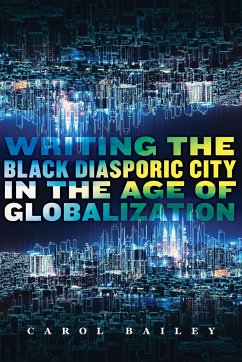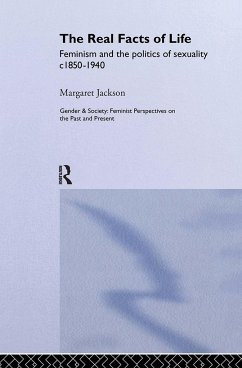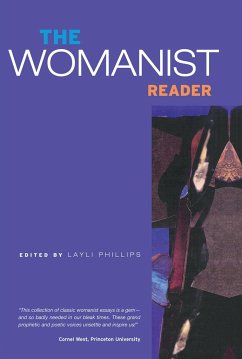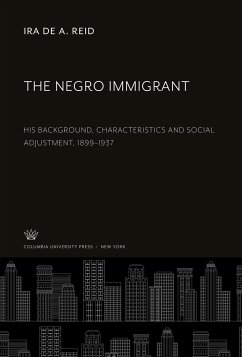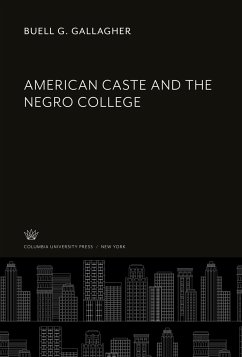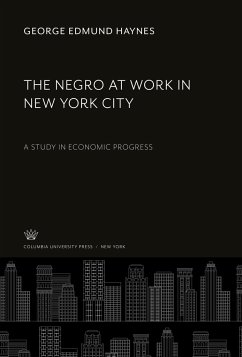Nicht lieferbar
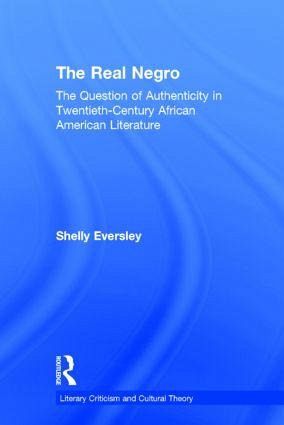
The Real Negro
The Question of Authenticity in Twentieth-Century African American Literature
Versandkostenfrei!
Nicht lieferbar
Weitere Ausgaben:
In this book, Shelly Eversley historicizes the demand for racial authenticity-what Zora Neale Hurston called "the real Negro"-in twentieth-century American literature. Eversley argues that the modern emergence of the interest in "the real Negro" transforms the question of what race an author belongs into a question of what it takes to belong to that race. Consequently, Paul Laurence Dunbar's Negro dialect poems were prized in the first part of the century because-written by a black man-they were not "imitation" black, while the dialect performances by Zora Neale Hurston were celebrated because...
In this book, Shelly Eversley historicizes the demand for racial authenticity-what Zora Neale Hurston called "the real Negro"-in twentieth-century American literature. Eversley argues that the modern emergence of the interest in "the real Negro" transforms the question of what race an author belongs into a question of what it takes to belong to that race. Consequently, Paul Laurence Dunbar's Negro dialect poems were prized in the first part of the century because-written by a black man-they were not "imitation" black, while the dialect performances by Zora Neale Hurston were celebrated because, written by a "real" black, they were not "imitation" white. The second half of the century, in its dismissal of material segregation, sanctions a notion of black racial meaning as internal and psychological and thus promotes a version of black racial "truth" as invisible and interior, yet fixed within a stable conception of difference. The Real Negro foregrounds how investments in black racial specificity illuminate the dynamic terms that define what makes a text and a person "black," while it also reveals how "blackness," spoken and authentic, guards a more fragile, because unspoken, commitment to the purity and primacy of "whiteness" as a stable, uncontested ideal.






